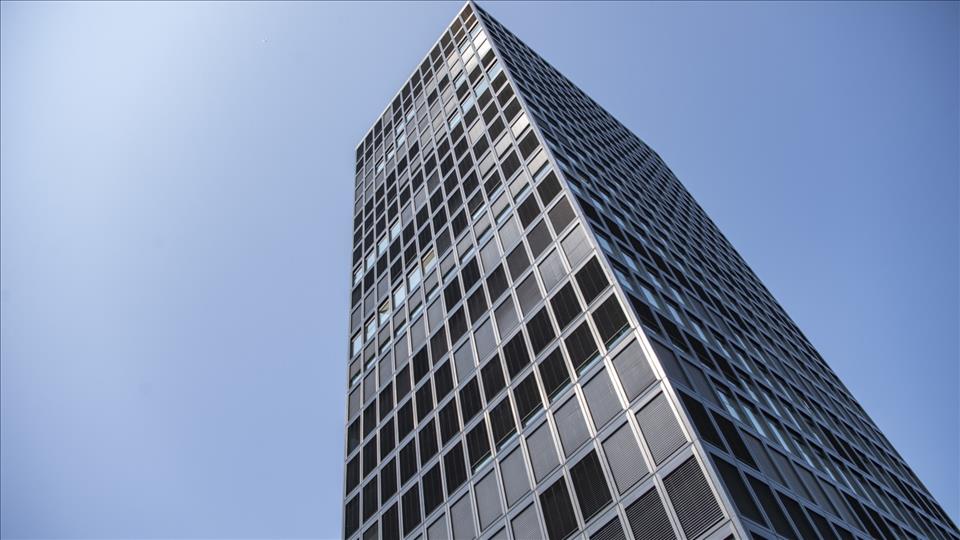(MENAFN- Swissinfo)
A tower in the city of Zug, renowned for a low tax rate and a high concentration of multinationals. © Keystone / Urs Flueeler
Citizens decide this weekend on implementing a global reform which aims to clamp down on low-tax jurisdictions – like Switzerland – with a minimum rate of 15% on multinational firms.
This content was published on June 17, 2023 June 17, 2023 Originally from Ireland, Domhnall worked in research and writing in a couple of European countries before joining swissinfo.ch in 2017. He covers direct democracy and politics and is usually in Bern.
more from this author | english department Led by the Organisation for Economic Co-operation and Development (OECD), around 140 countries endorsed the 2021 deal, which applies to big cross-border companies with annual revenues of at least €750 million (CHF732 million).
Despite initial reservations, low-tax Switzerland also signed the deal. However, because it needs a constitutional change to implement, the issue landed on voters' plates as part of the country's system of direct democracy.
If accepted on Sunday authorities will thus impose a new“top-up tax” to make sure the 15% global rate is reached. Currently, the country's 26 cantons all apply individual rates, the majority of them lower than 15%, with the national average estimated at 13.5%.
Whether this would mean the end of Switzerland's reputation as a corporate tax haven – a 2021 rankingexternal link placed it fifth-worst in the world – is not clear. The 15% rate is still low by global standards. The OECD average is 23.1%.
Indeed, while the deal was hailed by the G7 as a“historic” conclusion to years of talks, critics have complained that the 15% rate won't make a huge impact when it comes to tax justice, particularly for countries in the global south. One expert group wantedexternal link a 25% rate, while Oxfam called the deal a“rich country stitch-up”.
Overall, the OECD estimates the new rate will generate around $150 billion in additional global tax revenues annually. In Switzerland, the government reckons up to CHF2.5 billion.
More
More




















Comments
No comment